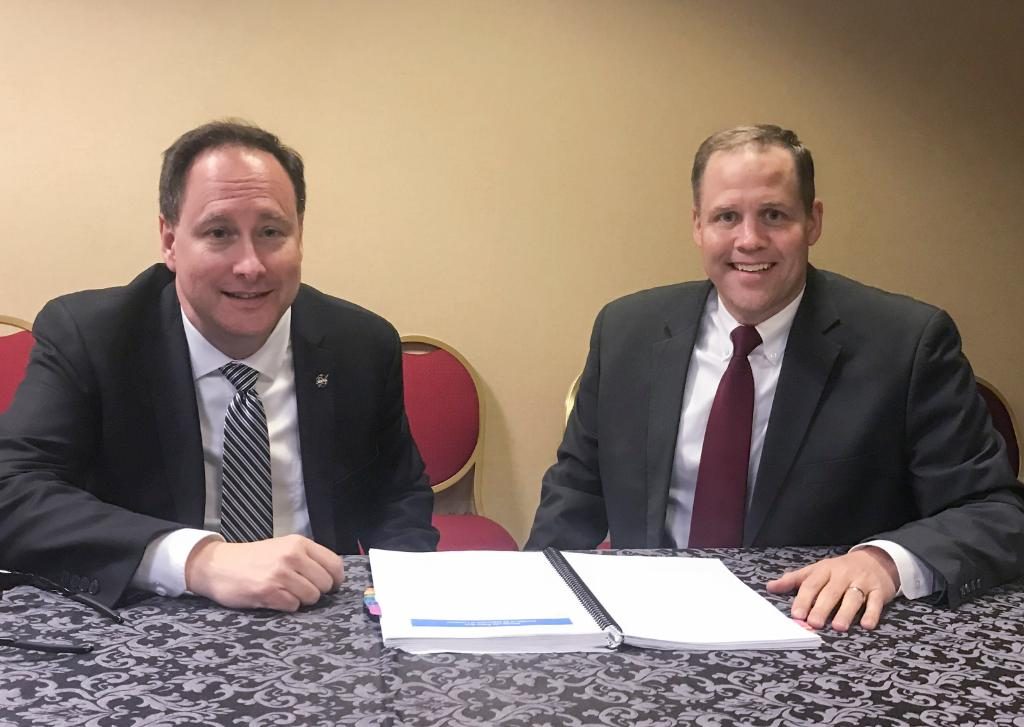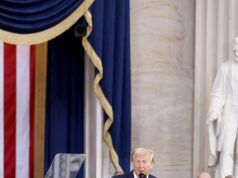

The US Senate on Thursday confirmed Jim Bridenstine, a Republican Congress member, as the next NASA head. He is the first member of Congress to hold the position. The post was vacant since January 2017.
Bridenstine began his Naval aviation career flying the E-2C Hawkeye off the USS Abraham Lincoln aircraft carrier. It was there that he flew combat missions in Iraq and Afghanistan and gathered most of his 1,900 flight hours and 333 carrier-arrested landings. While on active duty, he transitioned to the F-18 Hornet and flew at the Naval Strike and Air Warfare Center, the parent command to TOPGUN, the release stated.
Normally, NASA administrators are selected from within NASA’s ranks and they come from the military or have a background in science. Bridenstine once ran the Air and Space Museum in Tulsa and also sits on the House Committee that oversees NASA, according to a report by Vox.
“It is an honor to be confirmed by the United States Senate to serve as NASA Administrator,” said Bridenstine. “I am humbled by this opportunity, and I once again thank President Donald Trump and Vice President Mike Pence for their confidence. I look forward to working with the outstanding team at NASA to achieve the President’s vision for American leadership in space.”
The Democrats opposed his nomination unanimously and few members from his own party were worried about giving the job to a politician.
NASA is “the one federal mission which has largely been free of politics,” Florida Sen. Marco Rubio said in September 2017. “I just think it could be devastating for the space program,” he added.
President Trump nominated Bridenstine in September, and he was cleared by the Senate Commerce Committee in November.
According to a report by Guardian, in the coming years, NASA will be launching many important missions, including the long-delayed James Webb Space Telescope. NASA is also planning to launch the Parker Probe Plus, a spacecraft to study the sun. It also needs to decide whether to extend the mission of the International Space Station. ISS is scheduled to cease operations in 2024, a date set by President Obama in 2014. The ISS needs continuous resupply of water and its life-support technology often needs repair with spare parts that are shipped from Earth.
(With Inputs from NASA)








